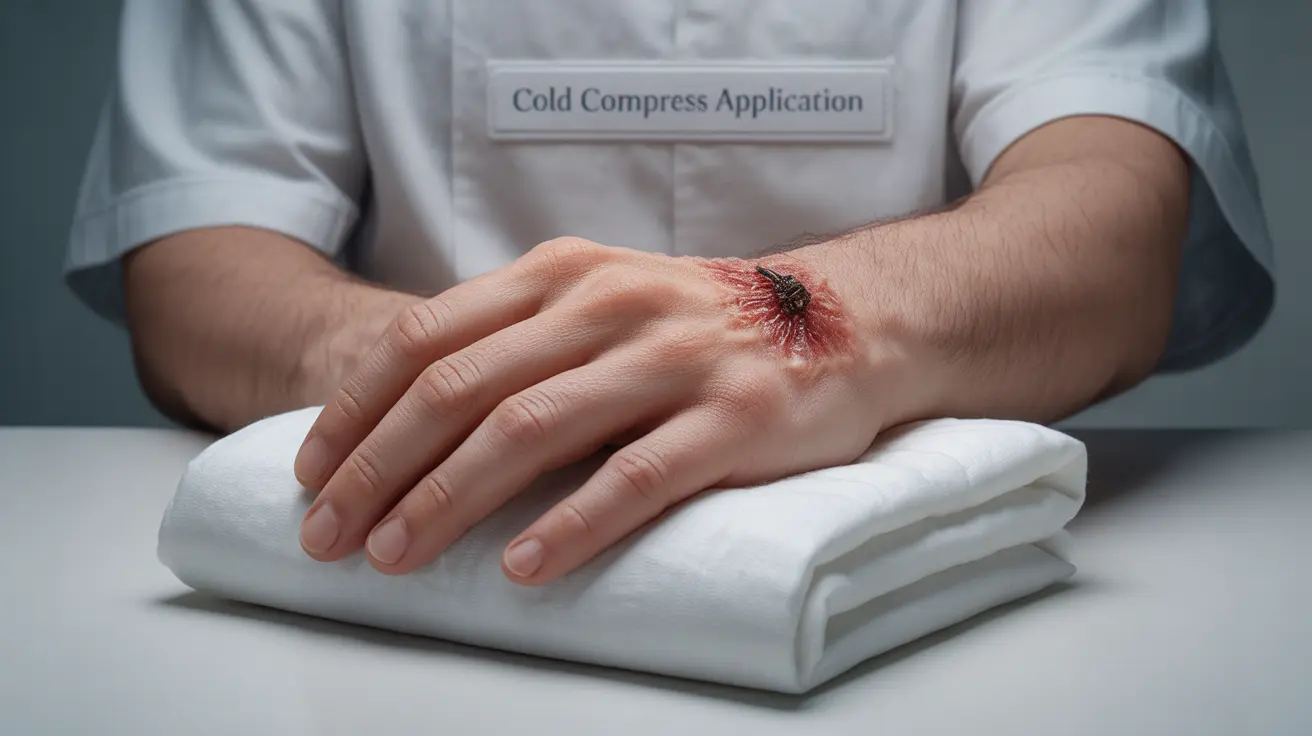When someone experiences a scorpion sting, there's often confusion about the best immediate response, with drinking milk being a commonly suggested remedy. This comprehensive guide examines the facts behind this popular belief and provides essential information about scorpion sting treatment and prevention.
Understanding Scorpion Stings and Their Effects
Scorpion stings can range from mild to severe, depending on the species involved and the individual's reaction. While most stings cause localized pain and discomfort, some can lead to serious medical complications, especially in children, elderly individuals, and those with compromised immune systems.
The Milk Remedy: Separating Fact from Fiction
The belief in drinking milk after a scorpion sting stems from traditional medicine practices. However, scientific evidence doesn't support milk as an effective treatment for scorpion venom. The idea likely originated because milk's cooling properties might provide temporary comfort, but it doesn't neutralize or counteract the venom.
Why Milk Isn't a Medical Solution
Milk proteins cannot bind to or neutralize scorpion venom components. The digestive system processes milk separately from where the venom enters the body, making it ineffective as a treatment for the sting itself. Medical professionals recommend focusing on proven treatment methods instead.
Proper Treatment for Scorpion Stings
Immediate Steps After a Sting
If you've been stung by a scorpion, take these essential first steps:
- Clean the affected area with soap and water
- Apply a cold compress to reduce pain and swelling
- Keep the affected limb still and below heart level
- Seek immediate medical attention if severe symptoms develop
When to Seek Emergency Care
Watch for these serious symptoms that require immediate medical attention:
- Difficulty breathing
- Muscle twitching or spasms
- Rapid heart rate
- Severe pain
- Vision problems
- Sweating and salivation
Prevention Strategies
Preventing scorpion stings is crucial, especially in areas where these arachnids are common. Consider these protective measures:
- Seal cracks and openings around your home
- Wear closed-toe shoes outdoors
- Check bedding and shoes before use
- Remove woodpiles and debris near your house
- Install weather stripping around doors and windows
Frequently Asked Questions
Why is drinking milk after a scorpion sting recommended, and does it work?
While drinking milk after a scorpion sting is a common folk remedy, there's no scientific evidence supporting its effectiveness. The practice likely persists due to milk's soothing properties, but it doesn't neutralize scorpion venom or provide any specific medical benefit.
What are the symptoms of a scorpion sting, and how do I know if I need medical attention?
Common symptoms include intense pain, numbness, tingling, and swelling at the sting site. Seek immediate medical attention if you experience difficulty breathing, muscle twitching, rapid heartbeat, or vision problems, as these indicate a severe reaction requiring emergency care.
What are the most effective home remedies for relieving pain from a scorpion sting?
Effective home remedies include cleaning the wound with soap and water, applying a cold compress to reduce pain and swelling, and taking over-the-counter pain relievers. However, these should not replace professional medical care if symptoms are severe.
Is scorpion antivenom necessary for all scorpion stings, or just in severe cases?
Antivenom is typically only necessary in severe cases, particularly when dealing with dangerous species or when the victim shows serious systemic symptoms. Most scorpion stings can be managed without antivenom under medical supervision.
How can I prevent scorpion stings, especially in areas where they are common?
Prevent scorpion stings by sealing entry points in your home, removing hiding spots like woodpiles, wearing protective clothing, and checking shoes and bedding before use. Regular pest control measures can also help reduce scorpion populations around your property.




